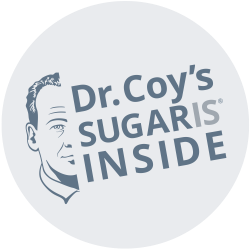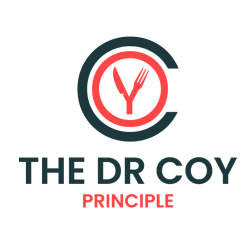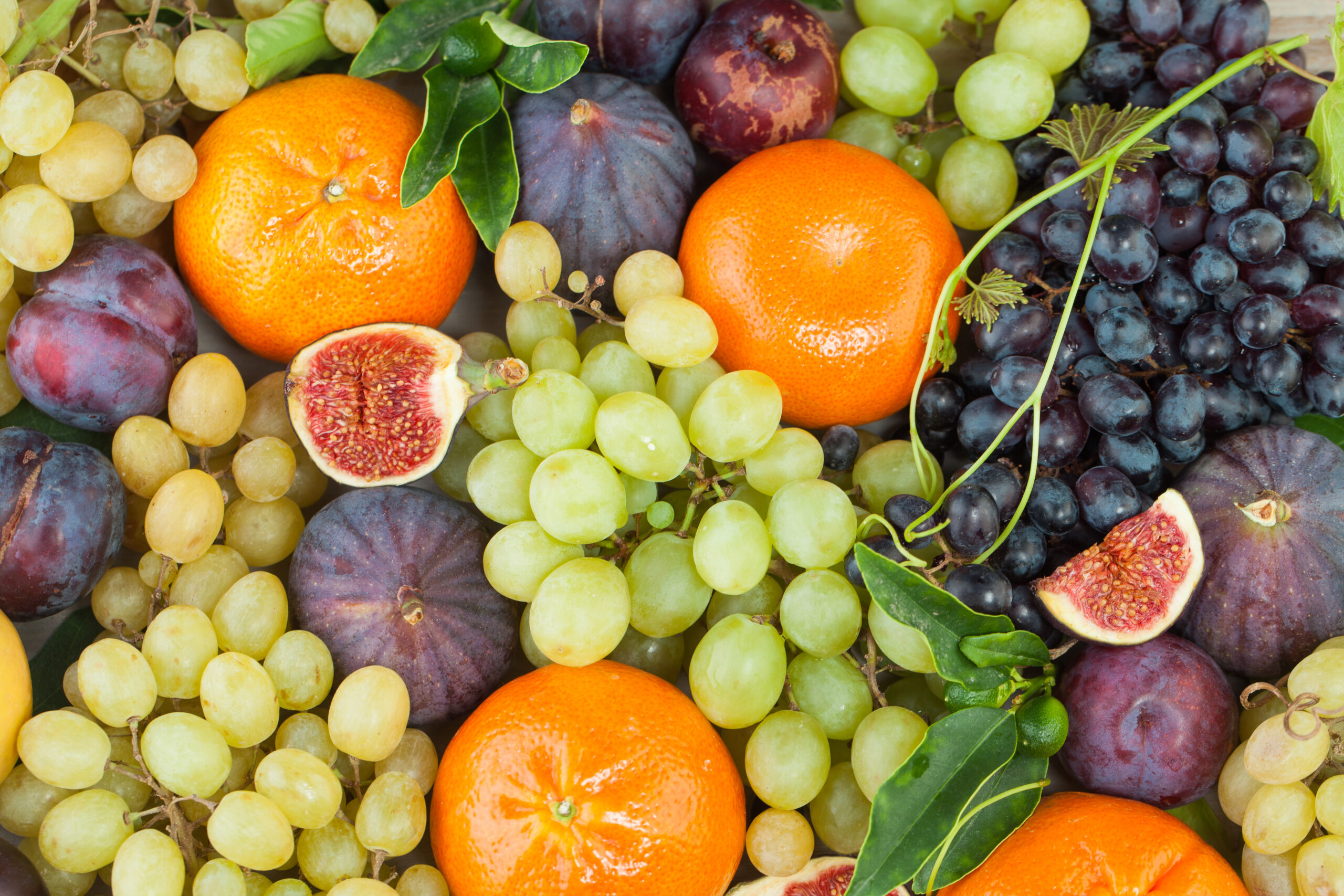Recent research has unveiled a surprising link between dietary fructose and tumor growth. While cancer cells can’t metabolize fructose directly, the liver plays a pivotal role in transforming fructose into nutrients that fuel tumor proliferation. Here’s how this hidden metabolic pathway is shaping our understanding of diet and cancer.
Fructose: A Dietary Concern
Over the past five decades, fructose consumption has skyrocketed, largely due to the prevalence of high-fructose corn syrup in processed foods. Emerging evidence connects high fructose intake to accelerated growth in cancers such as melanoma, breast, and cervical cancer. But the mechanism behind this troubling relationship has only now come to light.
The Liver: A Silent Accomplice
Cancer cells lack the enzymes, like ketohexokinase-C (KHK-C), required to metabolize fructose effectively. Instead, the liver takes over. By metabolizing fructose into lipids, particularly lysophosphatidylcholines (LPCs), the liver inadvertently feeds tumors.
Key Findings:
o Tumors in fructose-fed mice grew significantly faster compared to those in mice on fructose-free diets.
o LPCs produced by the liver serve as building blocks for phosphatidylcholines (PCs), essential components of cancer cell membranes.
How LPCs Drive Tumor Growth
LPCs are central to the process of tumor proliferation. Once they enter the bloodstream, cancer cells consume them to produce PCs, which are vital for constructing new cell membranes. Experiments showed that mice injected with LPCs experienced accelerated tumor growth, further solidifying their role as a key nutrient for cancer progression.
Targeting the Liver’s Role in Cancer
The study highlights the potential of targeting liver metabolism to slow cancer growth. Inhibitors of KHK-C, such as PF-06835919, were shown to reduce circulating LPC levels and dampen tumor growth in fructose-fed models. This innovative approach offers hope for future treatments that disrupt this fructose-fueled process.
Reassessing Diet and Cancer Risk
This research underscores the critical role of diet in cancer prevention. Although fructose does not cause weight gain or insulin resistance in these models, its ability to fuel tumor growth through the liver raises serious concerns about high-fructose diets.
Switching to natural, healthier sugars like Dr. Coy’s sugars presents a promising alternative. These options include variations without fructose and with reduced fructose content, offering solutions that cater to diverse dietary needs while promoting better health.
Resources
https://www.nature.com/articles/s41586-024-08258-3
https://medicalxpress.com/news/2024-12-reveals-fructose-diet-tumor-growth.html


